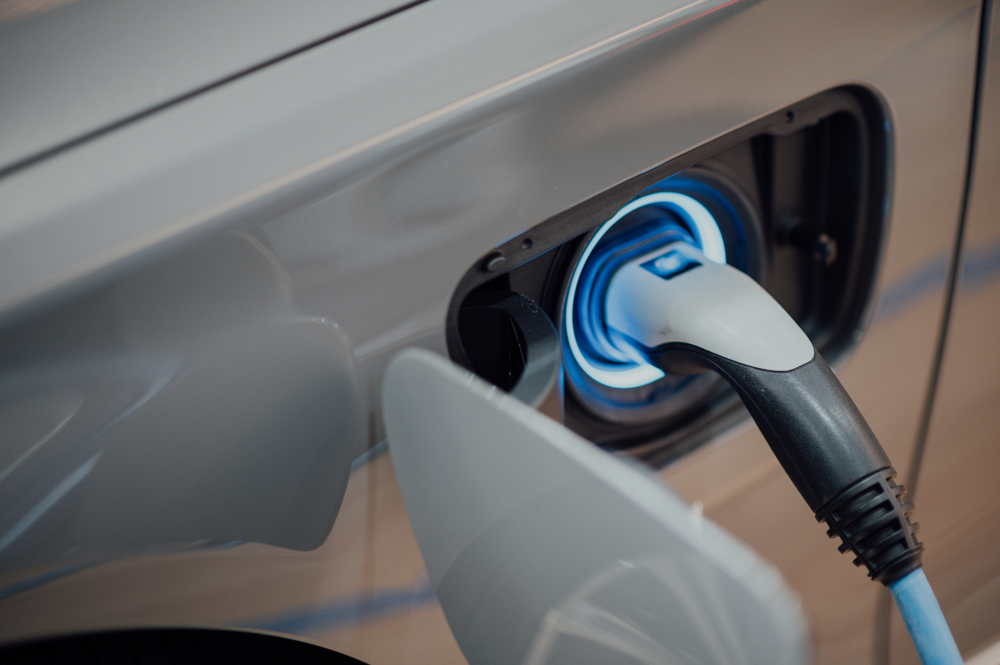Are Electric Cars Really Sustainable?
Electric cars are one of the biggest sustainable trends in the 2020s, and considered as the best replacement for fossil fueled vehicles. But are they “really” sustainable as we expect them to be? Let’s take a look.
To receive the Luxiders Newsletter, sign up here.
As car companies all around the world are promoting electric cars and some governments even offer financial support for purchasing them, now it is not difficult to see electric cars on roads. Now they are being more affordable, charging stations are everywhere, which grants us easy access to the new technology. Electric cars are considered the best way to fight global warming and climate change, and also a key to the next level of sustainability. However, are they always sustainable? Are they as eco-friendly as we heard in the media? Here are some lists that we have to consider when we purchase an electric car.

© JP Valery via Unsplash
ARE ELECTRIC CARS REALLY SUSTAINABLE?
The answer is, yes they are. But it could not be as sustainable as you expected, and the number varies. It is true that many scientists agree that electric cars are more environmentally positive compared to gasoline or diesel vehicles. According to the U.S Department of Energy, annual CO2 emissions per electric vehicle is 2,817 pounds (1,278 Kilograms), which is about 22% of gasoline vehicles (12,594 pounds). Therefore electric vehicles are definitely a better option than gasoline or diesel vehicles in terms of sustainability. However, electric vehicles are not the perfect solution for climate change and it has its own negative impact on the environment, depending on how they are made, and where they source their energy.
Cobalt, one of the main materials used to produce electric car batteries, is one of the main components that can negatively affect the environment and human rights. According to Earth.org, The Democratic Republic of Congo produces about 70% of the world’s Cobalt output. The miners there are under extremely poor and dangerous working conditions for about 3$ a day. They are not protected from the toxic chemicals and gasses that are from the mining process, and those chemicals are also affecting the nearby communities. This concern also includes child labor, violence, and racism.

© Chuttersnap via Unsplash
Second, you also have to think about where those charging stations source the energy from. Many charging stations around us are still powered by coal-fired power plants. Those have much higher carbon footprint compared to those powered by renewable energy sources. For example, if you drive your electric car in areas or countries that uses renewable energy as their main source of electricity such as Norway, it would be very sustainable and produces much less carbon dioxide, however, if you are car is charged in a station that is powered by coal power plant, your car would be only slightly better than gasoline powered cars and could be a little worse than hybrid cars, which runs on fossil fuels but also uses battery.
The electric car manufacturing process also has a negative impact on the environment. Lithium, another material to create lithium-ion batteries for electric cars, is definitely not a friend to nature. According to MIT Climate Portal, mining 1 ton of lithium emits about 15 tons of carbon dioxide, requires tons of water and chemicals. Also, importing those materials to different manufacturers to produce a car and importing those cars from distant locations can also cause high carbon footprints because of transportation. Lastly, poor quality electric cars, poor maintenance on the batteries can significantly reduce the lifespan of the car which can cause damage to the environment as well.
Highlight Image:
© Kenny Leys via Unsplash
Words:
Yoochan Si
Luxiders Magazine




